Recent data from one leading economic indicator suggests that now may be a great time to sell a home. U.S. consumer confidence rose in September, reaching levels last seen almost two decades ago, as surveyed households grew more upbeat about the labor market and the overall economy. Building upon a large improvement in August, the Consumer Confidence Index now stands at 138.4, which is an 18-year high. The September reading is not far from the all-time high of 144.7 reached in 2000. In addition, the Present Situation Index improved slightly and the Expectations Index surged compared to August.
Here is an overview of the Consumer Confidence Survey®:
The survey reflects prevailing business conditions and likely developments for the months ahead.
The monthly report details consumer attitudes and buying intentions.
This consumer confidence indicator provides an outlook on future developments of households’ consumption and saving.
Findings are based upon respondents’ answers regarding:
their expected financial situation,
their sentiment about the general economic situation,
the unemployment rate,
and their capability of savings.
Scores are normalized to a baseline (1985 = 100) so that they can be easily compared.
An indicator above 100 signals a boost in the consumers’ confidence towards the future economic situation, indicating that consumers may be less prone to save and more inclined to spend money on major purchases in the next 12 months.
Values below 100 suggest a more pessimistic attitude towards future developments in the economy, possibly resulting in a tendency to save more and consume less.
So what does this mean for the real estate market? Consumer confidence in the economy is high, but supply is tight, prices have been soaring and mortgage rates are rising. Logically speaking, you may think that these conditions don’t exactly add up to a happy housing market. And yet, they do. In the survey, many consumers said they planned to buy a house or other big-ticket items in the months ahead. Confidence in the market, specifically expectations of security, stability and growth, can (and often do) lead consumers to be more willing to make large purchases with their money rather than save it.
Wise individuals will remember that correlation does not equate to causation. One can question whether consumer confidence is a determinant of real estate market performance or whether it is simply influenced by the same factors. That caveat aside, these two variables do appear to be closely related, and previous periods of fluctuation bear that out. In addition, the cyclical nature of the economy indicates that consumer confidence will not remain high forever, and consumers’ willingness to make large purchases is likely to decline along with it. As such, this may be a great time to “strike while the iron is hot”!
For more information on the Consumer Confidence Survey, visit The Conference Board: https://www.conference-board.org/data/consumerconfidence.cfm



